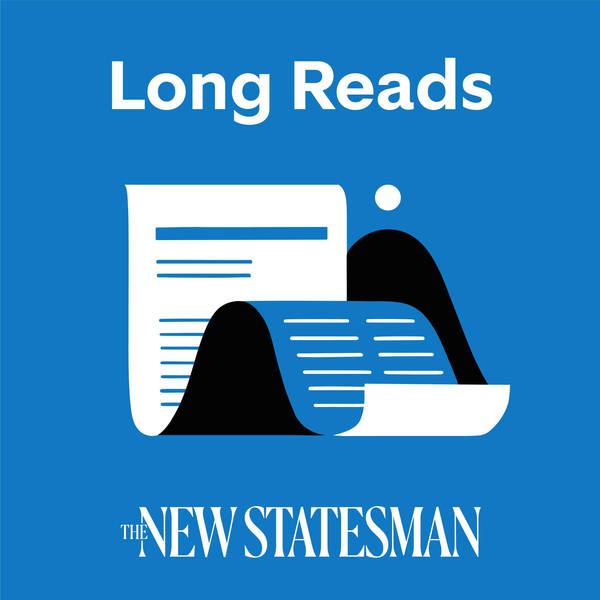
How Britain became a dangerous place to have a baby
What are the roots of today’s maternity crisis? Recent research by the Care Quality Commission has found a “concerning decline” in England, with over half of maternity wards rated substandard. Donna Ockenden’s review of Shrewsbury and Telford maternity trust found that, between 2001 and 2019, 201 babies and nine mothers had died avoidable deaths.
In this week’s audio long read, the editor of the New Statesman’s Spotlight magazine Alona Ferber traces the origins of this decline – from the advent of woman-centred care in the 1980s to today’s more frayed and divided landscape. Are austerity and political indifference the key factors, and does an ideological split over ‘natural’ and ‘medical’ birth play a part? “Thirty years ago,” Ferber writes, “when power moved from the institution to the individual, that shift was radical, progressive and revolutionary. It was about women’s rights and politics, as much as it was about health. But today the system is so stretched that the nexus of power is nowhere. It is not with clinical staff, nor with families. Instead, we muddle through.” Drawing on interviews with practitioners and her own birth experiences, she pieces together the elements of an ongoing crisis.
Written and read by Alona Ferber.
This article was originally published on 30 September 2023 and you can read the text version here.
If you enjoyed this episode, you might also like Sophie McBain on The ADHD decade: what’s behind the boom in adult diagnoses
Hosted on Acast. See acast.com/privacy for more information.
